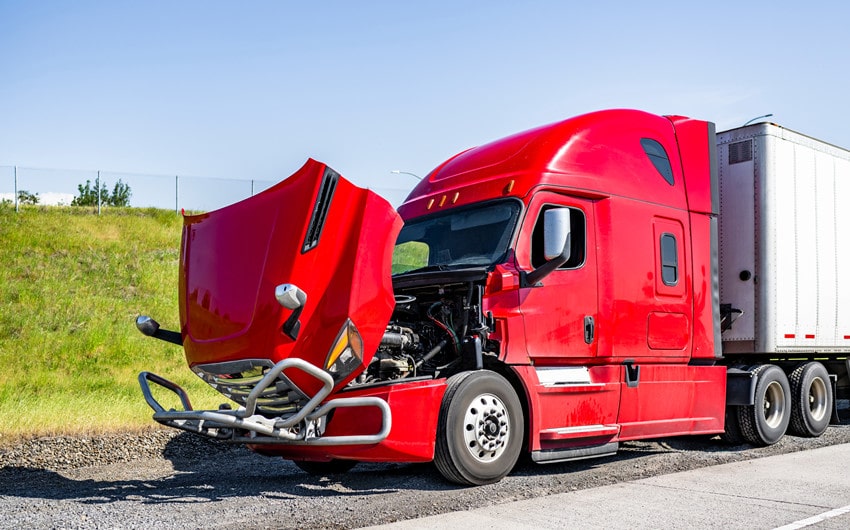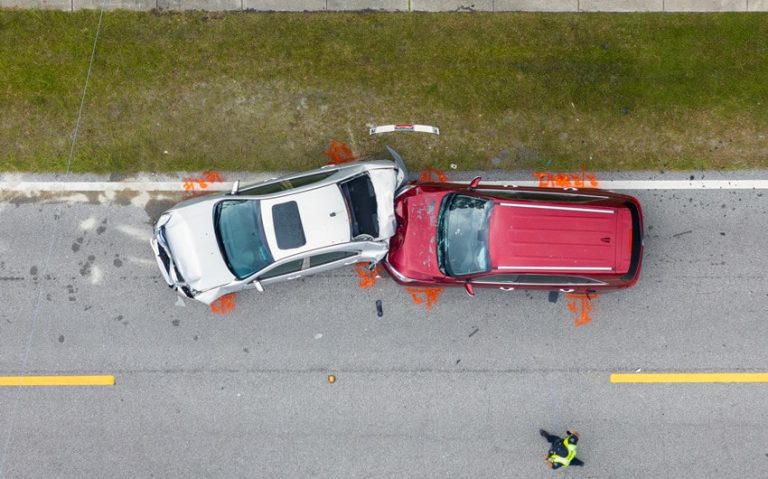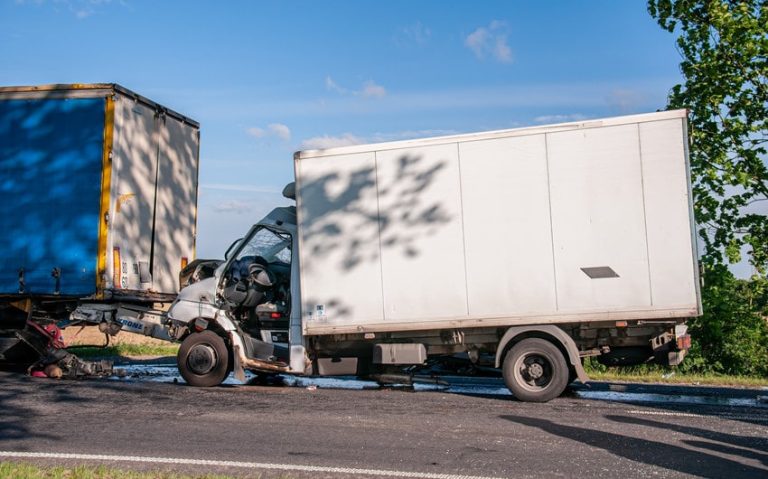Handling Personal Injury Claims Involving Texas Commercial Trucking Accidents
In Texas, handling personal injury claims involving commercial trucking accidents requires a clear understanding of both state and federal regulations. These large vehicles, including 18-wheelers and delivery trucks, often pose significant risks due to their size and frequent operation in busy areas. If someone is injured in a commercial truck accident in Texas, they must navigate a complex legal landscape to recover compensatory damages.
Victims of these accidents usually face challenges such as proving negligence and identifying the liable parties, which can include the truck driver, the trucking company, or even the manufacturers. Lawyers specializing in personal injury law can provide invaluable assistance in such cases, helping to gather evidence and build a strong case against the negligent parties.
Successfully handling these claims often involves extensive investigations and negotiations. Find the right support for trucking accidents to ensure fair compensation and effective legal strategies when dealing with personal injury matters in Texas.
Understanding Liability and Negligence in Texas Commercial Trucking Accidents
Liability and negligence are critical when dealing with Texas commercial trucking accidents. Grasping these concepts helps determine the responsible parties and impacts the outcome of personal injury claims.
Determining Fault and Liability
In Texas, determining fault in a trucking accident involves a thorough investigation. Both the truck driver and the trucking company may share liability. Evidence such as driver logs, vehicle maintenance records, and traffic camera footage can be vital. Trucking companies are often held accountable due to their role in the hiring, training, and supervision of drivers. They must also comply with safety regulations enforced by the Department of Transportation.
Role of Negligence in Injury Claims
Negligence plays a pivotal role in trucking accident claims. A claim typically hinges on proving that the truck driver or company failed to meet safety standards, leading to the accident. Elements of negligence include duty of care, breach of that duty, causation, and resulting damages. Texas follows comparative negligence rules, meaning the injured party might still recover damages even if partially at fault, though the compensation might be reduced.
Unique Aspects of Trucking Industry Liability
The trucking industry has unique liability features compared to other vehicle accidents. Commercial vehicles are bound by federal regulations, which necessitate stricter safety measures. Companies must ensure regular vehicle maintenance and enforce compliance with driving hour limits. These regulations can influence liability, with non-compliance potentially increasing the responsibility of both drivers and companies. Consulting a Texas truck accident attorney can be crucial in navigating these complexities.
Insurance Companies’ Involvement
Insurance companies play a significant role in resolving trucking accident claims. Trucking companies hold substantial insurance policies to cover potential large-scale damages. Insurers may attempt to minimize payouts, critically reviewing evidence and negotiating settlements. Understanding the interplay between liability, negligence, and insurance policy terms is vital for managing claims effectively. Engaging a knowledgeable attorney can help navigate negotiations and ensure fair compensation for the injuries sustained.
Compensation and Damages in Truck Accident Cases
In cases involving commercial trucking accidents, injured parties seek compensation for a range of damages. These can include tangible expenses like medical bills and intangible losses like pain and suffering. Legal guidance is crucial for navigating claims and maximizing potential compensation.
Calculating Damages for Injury Victims
An accurate calculation of damages in truck accident cases requires a comprehensive evaluation of various factors. Medical expenses, including immediate and long-term treatment for injuries such as spinal cord injuries or traumatic brain injuries, form a significant component. Lost wages also play a crucial role, particularly if the injuries impact the victim’s ability to work.
Property damage assessments consider vehicle repairs or replacements. Each element requires precise documentation and, often, the expert opinions of professionals, such as medical experts and accident reconstruction specialists. The input of an experienced attorney can help to ensure a fair and thorough calculation. Effective demand letters to insurance adjusters further bolster the victim’s claim.
Common Claimable Economic and Non-Economic Damages
Economic damages include quantifiable financial losses caused by the accident. These encompass medical bills, both past and future, lost earnings, and property damage. Victims may claim non-economic damages for intangible impacts, such as pain and suffering, mental anguish, and loss of enjoyment of life.
Non-economic damages are often more challenging to quantify and may require extensive documentation and witness testimony to validate their impact on the victim’s life. Different jurisdictions might cap non-economic damages, predominantly affecting high-value claims. Thus, personal injury claims often emphasize the comprehensive presentation of both economic and non-economic damages to maximize the recovery of compensation.
Seeking Punitive Damages
Punitive damages serve as a punishment and deterrent against particularly egregious conduct by the at-fault party. In commercial truck accidents, such claims are often based on the truck driver’s or the company’s reckless or intentional disregard for safety.
To succeed, claimants must demonstrate that the responsible party’s actions were grossly negligent or malicious. Cases involving misconduct, such as operating a truck under the influence or severe violations of safety regulations, may warrant punitive damages. These damages can significantly increase the potential compensation but require substantial evidence to justify the additional claim.
The Statute of Limitations and Its Impact
The statute of limitations refers to the legal timeframe within which an accident victim must file a lawsuit. In Texas, for personal injury claims, this period is typically two years from the date of the incident. Missing this deadline can result in the loss of the right to seek compensation.
Timely legal action ensures that evidence, such as witness statements and accident scene reports, remains fresh and available. Filing within the statute of limitations also strengthens negotiating positions with insurance companies. Thus, prompt engagement with legal counsel is imperative to ensure that the victim’s rights are preserved and the claim is pursued efficiently.




